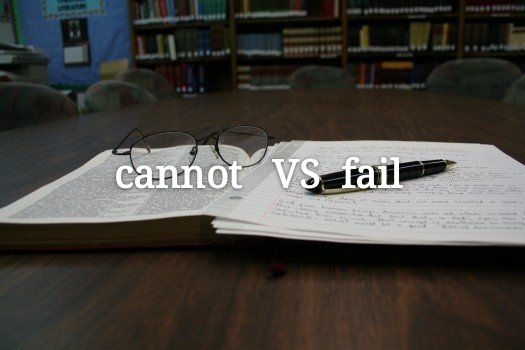
合同中“未能”是翻译为“cannot”好还是fail好?
翻译合同的过程中,我们经常会遇到“一方未能......,那么另外一方有权......”,那么这里的“未能”或者“未”应当译为什么呢?下面看一组例句:
I fail to pass the exam意思是:我考试了,但是失败了,也就是没能通过。
I cannot pass the exam意思是:我觉得我自己不能通过考试。(侧重能力不够)
通过对比,一目了然,这两个词区别还是挺大的,fail比较客观,就是指失败了,而cannot带点主观上的不能或者不允许,因此在合同中,大多数情况都使用fail to, fail本身含有否定的含义,而且是客观陈述事实,connot要看情况使用。
合同中常见的表达,如:未能按时交货(fail to deliver the goods on time);未能履行合同(the failure of implementation of this Contract)等等。
例句一:
如果甲方未能满足《附件3》规定的要求,乙方应有权由于本协议第13条规定的原因终止本协议。
If Party A fails to meet the requirements as set out in Appendix 3, Party B shall have the right to terminate this Agreement for cause pursuant to Section 13 hereof.
例句二:
This limitation shall apply even where XXX has been advised of the possibility of such damage and notwithstanding the failure of the essential purpose of any limited remedy stated herein.
本限制性规定应适用,即使XXX已经告知该损害发生的可能性以及本协议说明的任何有限救济的本质目的未能实现。




